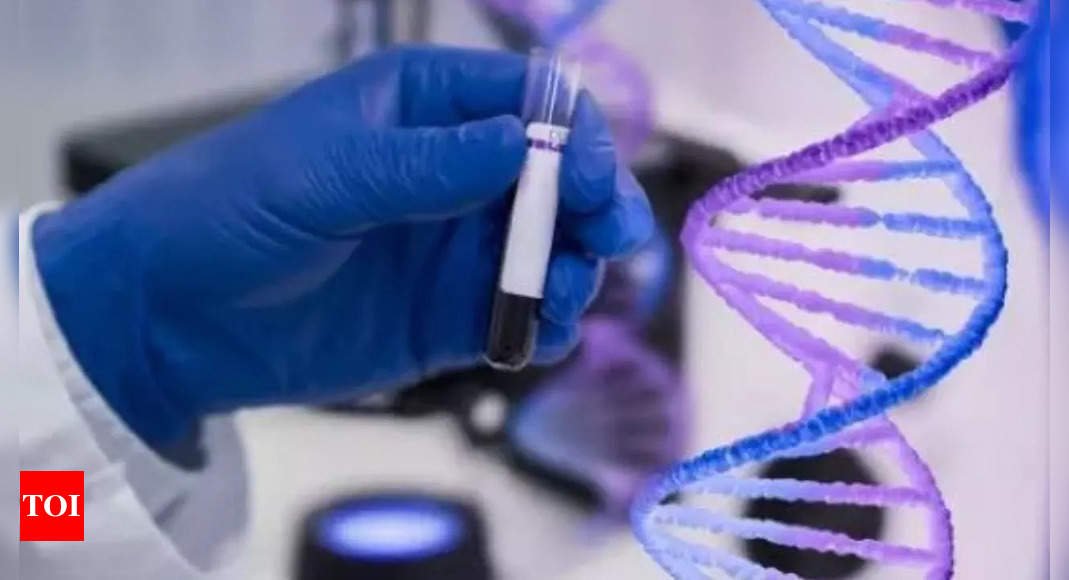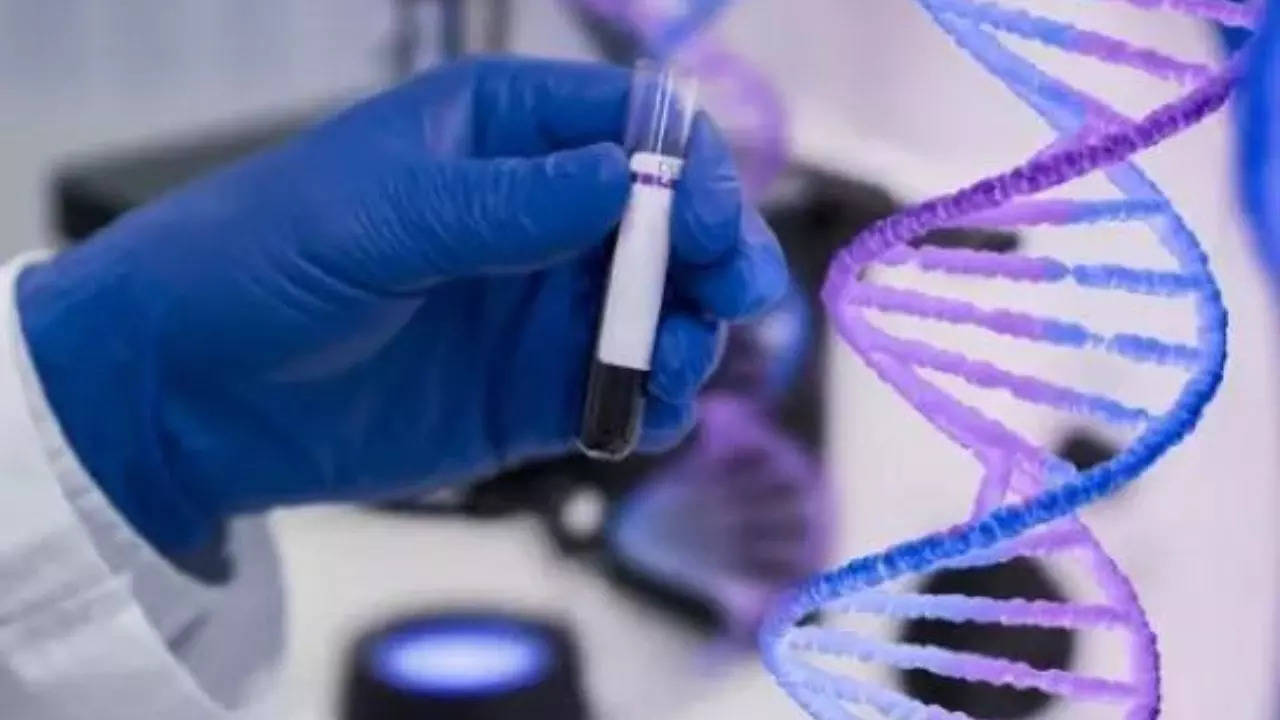
Prophylaxis treatment in Haemophilia patients, HHCN comes out with first-of-its-kind Indian guidelines | India News
-
by Anoop Singh
- 9
The HHCN, which has been working in the domain of haemophilia care for over two decades, has also highlighted the need for comprehensive care for PwHs and recommended budgetary calculation for payers and policymakers to understand the budgetary requirements of each state and central reimbursement bodies.
Current treatment modalities in India primarily focus on on-demand therapy ‘FVIII replacement’ to address bleeding episodes as they occur.
Experts noted that India is home to the second largest population of patients living with haemophilia, and worldwide, countries are moving towards advanced non-replacement therapy or prophylaxis care.
The new guidelines clearly articulate the need for comprehensive care including the significance of timely diagnosis, physiotherapy and multidisciplinary care for PwH.
First time a separate category for non-factor replacement (currently available as Emicizumab) is incorporated in the selection criteria. The real-world experience bears out the rapid switchovers to Non-factor products which remains the drug of choice, the guidelines stated.
It has recommended a scoring-based patient selection criteria so that patients get maximum benefit from products.
A relevant scoring pattern to identify the patients who qualify for prophylaxis with non-factor replacement potentially leads to improved patient adherence with better treatment outcomes.
People with severe haemophilia bleed frequently and often spontaneously, including repeated bleeds into joints and muscles. In addition to disease severity, the frequency of bleeding also varies by bleed site.
Depending on the area affected, these bleeds can be debilitating or even life-threatening. As a result, people with Hemophilia A bleed for a longer time than normal, due to a deficiency of clotting factor VIII, the HHCN said.
Current treatment modalities in India primarily focus on on-demand therapy ‘FVIII replacement’ to address bleeding episodes as they occur. However, exposure to exogenous Factor VIII could lead to the development of inhibitors.
This renders treatment with Factor VIII ineffective, the HHCN stated.
The new guidelines recommend the adoption of advanced care to tackle such bleeding incidents and reduce disability and improve quality of life for haemophilia patients, Dr Naresh Gupta, chairperson of Haemophilia and Health Collective of North, said.
Worldwide, countries are moving towards advanced non-replacement therapy or prophylaxis care because breakthrough bleeds remain an issue with the levels of protection offered by current FVIII concentrates.
“In India, prophylaxis adoption is estimated at about 4 per cent, whereas in most other developing countries it is over 20 per cent and in developed countries 80-90 per cent of haemophilia patients are on prophylaxis,” Dr Gupta said.
India is home to the second largest population of patients living with haemophilia, with an estimated 1,36,000 individuals grappling with Haemophilia, he stated.
Gupta said, “As we navigate the dynamic landscape of haemophilia treatment in India, these guidelines address the challenges of selecting and using new drugs for its treatment.
“Prophylaxis treatment stands out as a crucial solution in preventing spontaneous bleeds and improving the overall quality of life for individuals. We believe these guidelines are not just a step forward; it’s a leap towards a brighter future for haemophiliac treatment in India.”
In India, the prevalence of haemophilia necessitates a comprehensive approach to address the unique needs of those living with this condition, he said,
The new guidelines are a crucial step in that direction. These guidelines will also empower policymakers to formulate state protocols and allocate funds judiciously, said Premroop Alwa, President of the Hemophilia Federation of India.
NEW DELHI: A body of Indian healthcare professionals has proposed guidelines recommending prophylaxis treatment in haemophilia patients to prevent them from bleeding as the standard of care in line with global clinical best practices. The Haemophilia and Health Collective of North (HHCN) in collaboration with National Health Mission (NHM) representatives from 16 states have proposed…
NEW DELHI: A body of Indian healthcare professionals has proposed guidelines recommending prophylaxis treatment in haemophilia patients to prevent them from bleeding as the standard of care in line with global clinical best practices. The Haemophilia and Health Collective of North (HHCN) in collaboration with National Health Mission (NHM) representatives from 16 states have proposed…

